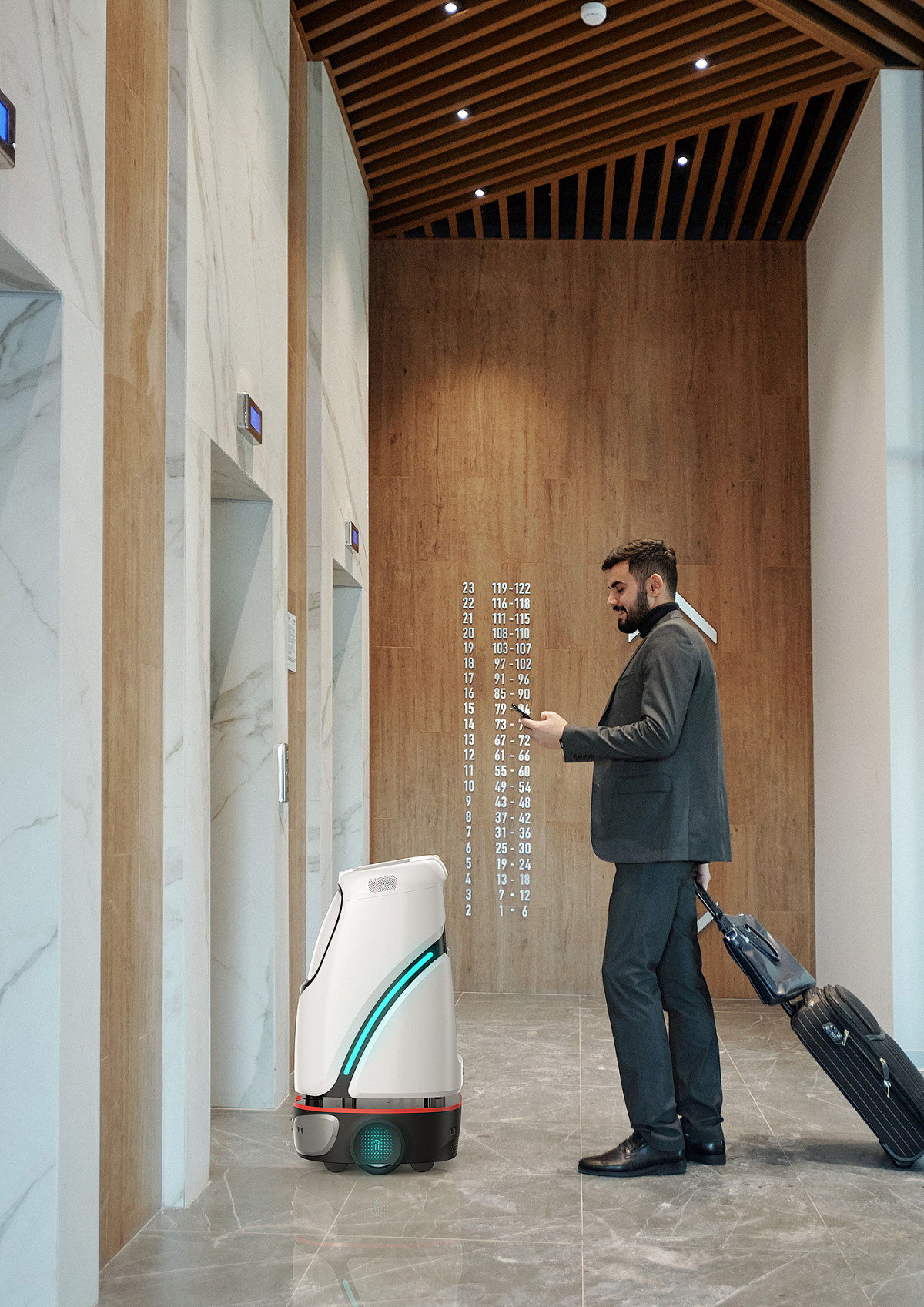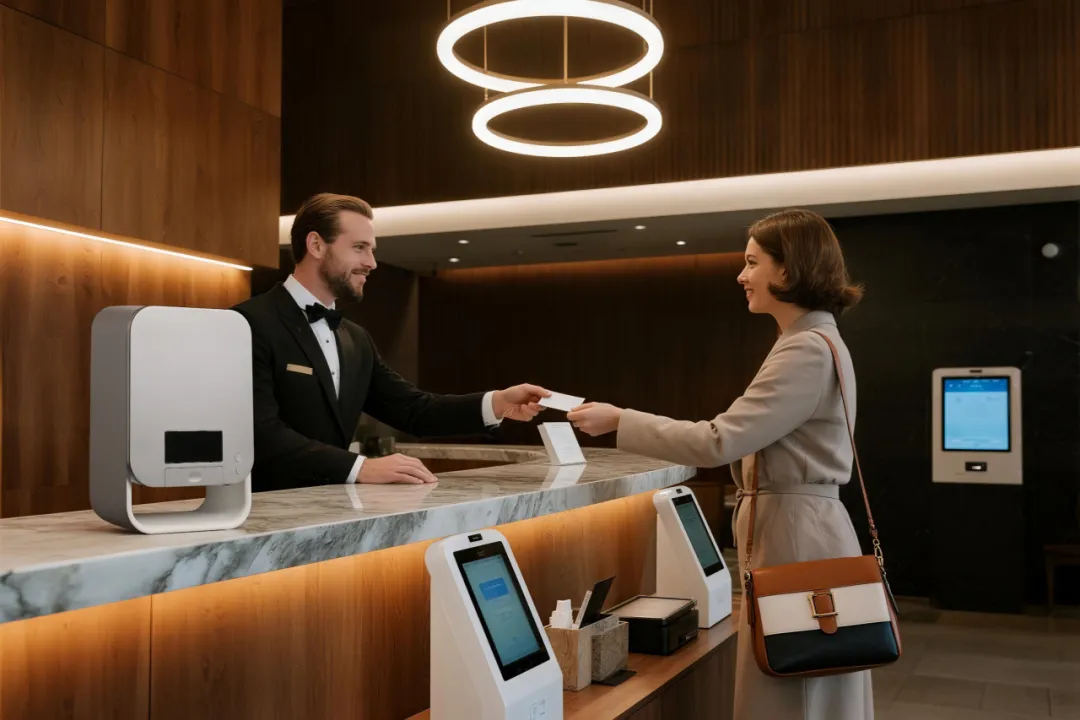A sweeping, tech-driven transformation is reshaping the global hotel industry. According to the 2025 Global Smart Hotel Market Report, the global smart hotel market is expected to exceed USD 58 billion, with a compound annual growth rate of 14.3%. In China alone, smart technology penetration is projected to surpass 40%, positioning the country as a leading global innovation hub.
Yet as front desks are replaced by self-service kiosks and service processes become increasingly standardized, an invisible “temperature gap” has emerged. The soft human connections once shared between hotels and guests seem to be diluted by hyper-efficient technology.

Source: Internet
The original purpose of smart transformation was to make service lighter and more seamless. But as “person-to-person interaction” shifts to “person-to-system dialogue,” where do inpiduality and warmth find their place?

This is the industry’s core challenge: how can we preserve the human touch in the tide of technological change? Leading hotels have already begun exploring this delicate balance.
AI as an Enabler: When Technology Understands People
Marriott has introduced the AI assistant “M Live,” which uses voice and behavioral analysis to respond to requests in real time. By reducing repetitive manual work, staff can devote more time to focusing on human needs.

Source: Marriott
At The Peninsula Tokyo, an emotion-sensing system recognizes guests’ stress levels and automatically activates aromatherapy or soft lighting.
In this wave of smart transformation, AI is no longer at odds with warmth. It has become an amplifier that helps make service feel more human.
IoT Connectivity: Giving Spaces the Power to Empathize
Marina Bay Sands leverages IoT and energy management to reduce emissions and conserve resources. At W Guangzhou, high-end IoT devices such as smart coffee machines and integrated smart speakers allow guests to control music and lighting by voice. This creates an interactive experience in which the room itself “understands” its occupants.
_1760855677020.jpg)
Cultural Resonance: Giving Technology a Warm Core
Smart hotels should not only be “more efficient,” but also “rich in story.”
Research by Booking.com shows that 76% of travelers hope hotels will offer local cultural experiences. The Atour Hotel once launched themed rooms in collaboration with the Dunhuang Research Academy, achieving an occupancy rate of over 95%. Meanwhile, The Langbo Chengdu, in The Unbound Collection by Hyatt partnered with intangible cultural heritage artisans to host Shu embroidery workshops, reaching an 85% participation rate and generating 12% of its revenue from related product sales.

Source: Atour Hotel
In these cases, technology is no longer the star, but a carrier that enhances emotional and cultural impact.
From Marriott using AI to let staff focus on service, to Marina Bay Sands employing IoT to build a perceptive green environment, to Atour and Langbo creating unforgettable memories through cultural IP, these pioneers point to a clear trend: the ultimate value of smart hotels is shifting from “improving efficiency” to “deepening the guest experience.”
Looking across these examples, one insight becomes clear: genuine smart transformation is not about “replacing people,” but “empowering people.” It empowers staff to deliver more thoughtful service and empowers guests to enjoy more memorable stays.

Technology is a tool; sustainability is the foundation. But the ability to connect with people remains the enduring soul of the smart hotel.
We believe that the hotels of the future will be more efficient because of technology, and even more unforgettable because of the ever-present warmth of human connection. GCSTIMES looks forward to working hand in hand with industry partners to shape a more sustainable, more inspiring future of travel and hospitality.